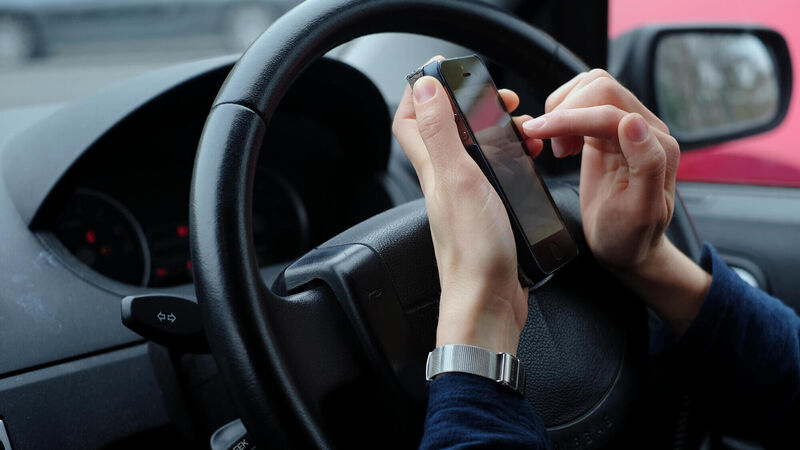Sean Murray: No 'silver bullet' in solving bad driver behaviour

The speakers in the Printworks in Dublin Castle on Wednesday were keen to emphasise that while the mobile phone is one of the key causes of distracted driving, it’s not the only one. File photo
The term “silver bullet” was used on numerous occasions in the Printworks in Dublin Castle on Wednesday. And how there wasn't one.
The topic was how to get people to put their mobile phone down and focus on driving on our roads. The speakers were keen to emphasise that while the mobile phone is one of the key causes of distracted driving, it’s not the only one.













